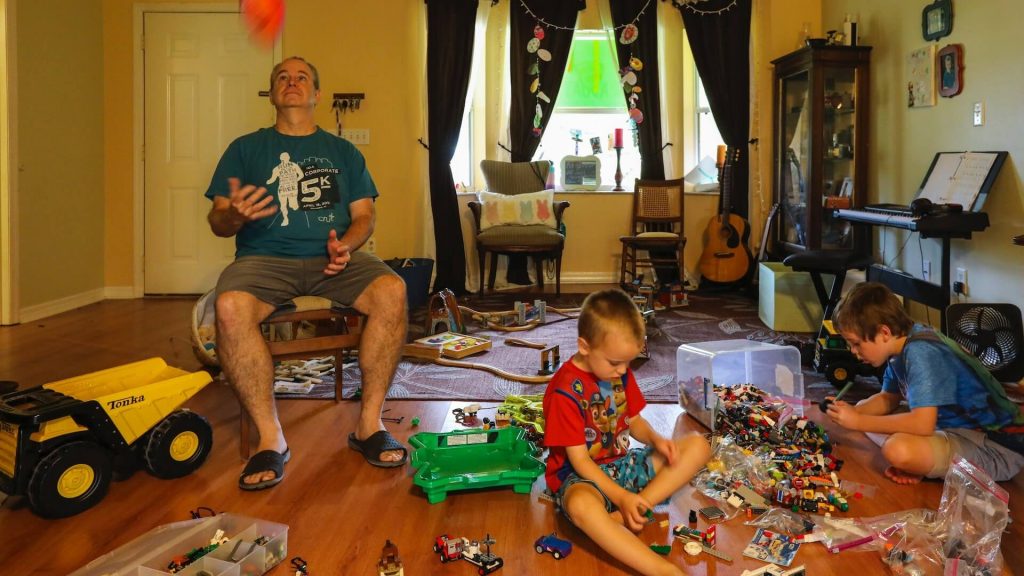Parenting is an intricate tapestry of approaches that profoundly influence a child’s growth, cognitive development, emotional resilience, and societal integration. At its core lie parenting styles, meticulously studied for their far-reaching effects on shaping a child’s formative years and future trajectory. This comprehensive exploration delves into the intricate dynamics of varied parenting styles—authoritative, authoritarian, permissive, and uninvolved/neglectful—unveiling their nuanced impact on the holistic development of our children.
Parenting styles serve as the compass guiding familial interactions, encompassing an array of approaches that define the nurturing and guiding principles within households. Each style intricately weaves a unique blueprint, significantly shaping a child’s perceptions, behaviors, and ability to navigate life’s challenges.
Unveiling the Tapestry of Parenting Styles
Parenting styles encompass a spectrum of approaches dictating familial interactions and profoundly influencing a child’s upbringing. These styles—authoritative, authoritarian, permissive, and uninvolved/neglectful—each offer a unique blueprint for nurturing and guiding children.
The Authoritative Guiding Light

At the core of authoritative parenting lies a delicate equilibrium between warmth and firmness. These parents exhibit high levels of warmth, responsiveness, and support while maintaining clear, consistent rules and expectations. This style fosters an environment that nurtures independence, critical thinking, and accountability. Studies consistently highlight that children raised in authoritative households tend to exhibit self-reliance, strong social competence, and a keen sense of responsibility.
The Authoritarian Tug-of-War

Authoritarian parenting is marked by strict rules, high demands, and low emotional responsiveness. This approach prioritizes obedience and discipline over warmth and understanding. While it may initially enforce compliance, children raised in such households might struggle with decision-making, have lower self-esteem, and display a higher propensity for rebellion or aggression as they seek autonomy.
Permissive Parenting

Permissive parents are nurturing and loving but tend to set few rules and boundaries. They offer support and encouragement but often avoid confrontation and guidance, allowing children considerable freedom in their choices. This lenient approach, while fostering a positive emotional environment, might inadvertently hinder a child’s self-discipline and adherence to societal norms. Consequently, children from permissive environments might struggle with impulse control, exhibit immature behavior, and face challenges in understanding boundaries.
Uninvolved/Neglectful Parenting

Uninvolved or neglectful parenting lacks emotional involvement, responsiveness, and engagement in a child’s life. These parents provide minimal guidance, support, or attention, leaving children to navigate their development independently. This lack of support can lead to emotional detachment, social withdrawal, and a host of developmental challenges. Children raised in such environments often grapple with feelings of neglect and isolation, impacting their emotional well-being and sense of self-worth.
Conclusion
The profound impact of parenting styles reverberates through a child’s cognitive, emotional, and social development, shaping their identity and future endeavors. Recognizing the intricacies of these styles is pivotal, as they serve as foundational pillars influencing a child’s emotional resilience, behavioral patterns, and social adaptability.
While each style presents its distinct characteristics and outcomes, navigating the delicate balance between warmth and structure emerges as a pivotal aspect of effective parenting. Embracing an authoritative parenting style, characterized by nurturing warmth, responsiveness, clear expectations, and guided autonomy, lays a sturdy foundation for a child’s growth. This fusion of support and structure equips children with the resilience and adaptive skills necessary to confront life’s complexities with confidence and grace.
Parenting styles, intricately interwoven into the fabric of familial life, serve as profound influencers in shaping the futures of our children. Understanding their dynamics enables caregivers to cultivate environments that foster optimal growth, emotional well-being, and thriving potential in the next generation.
